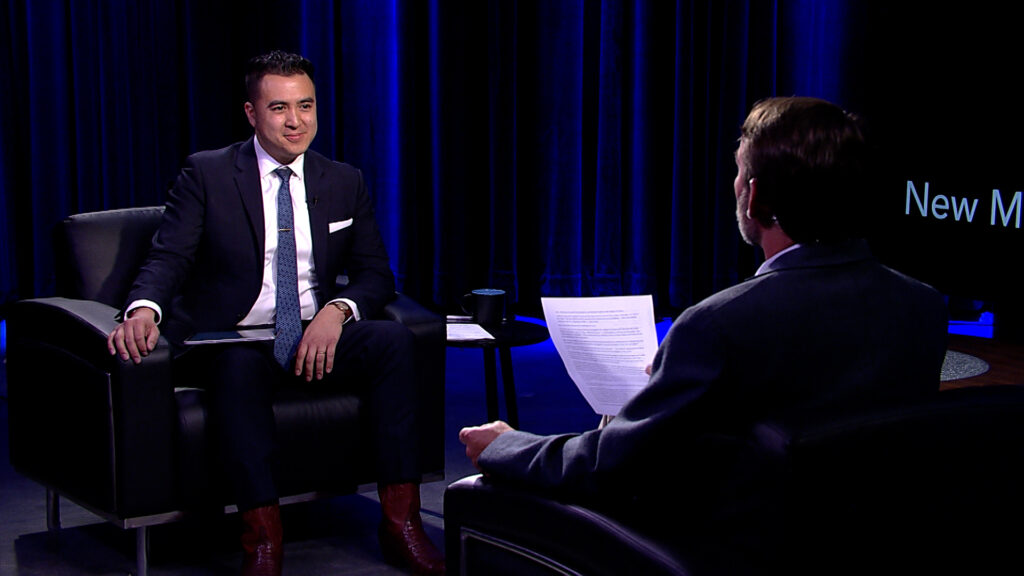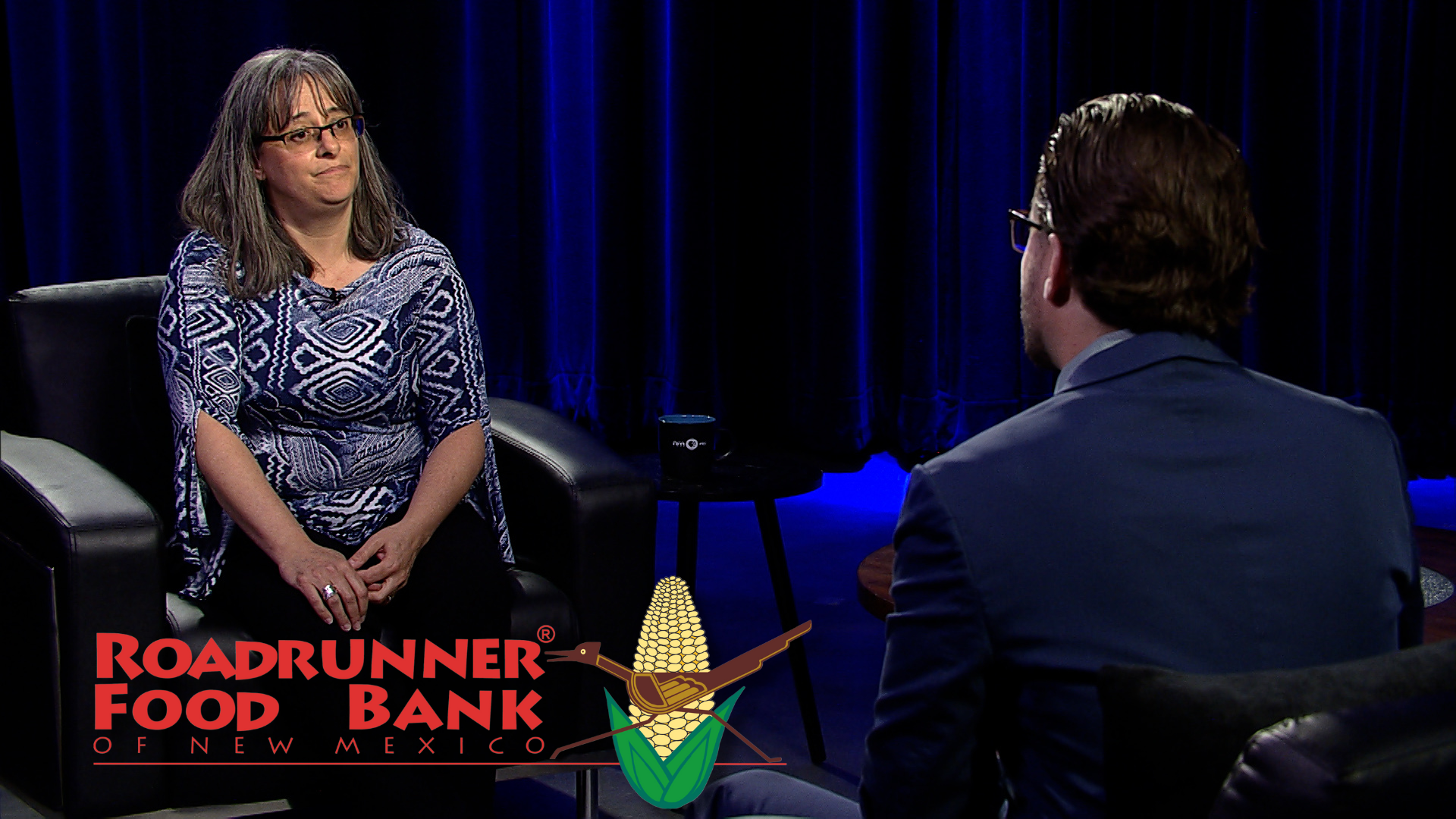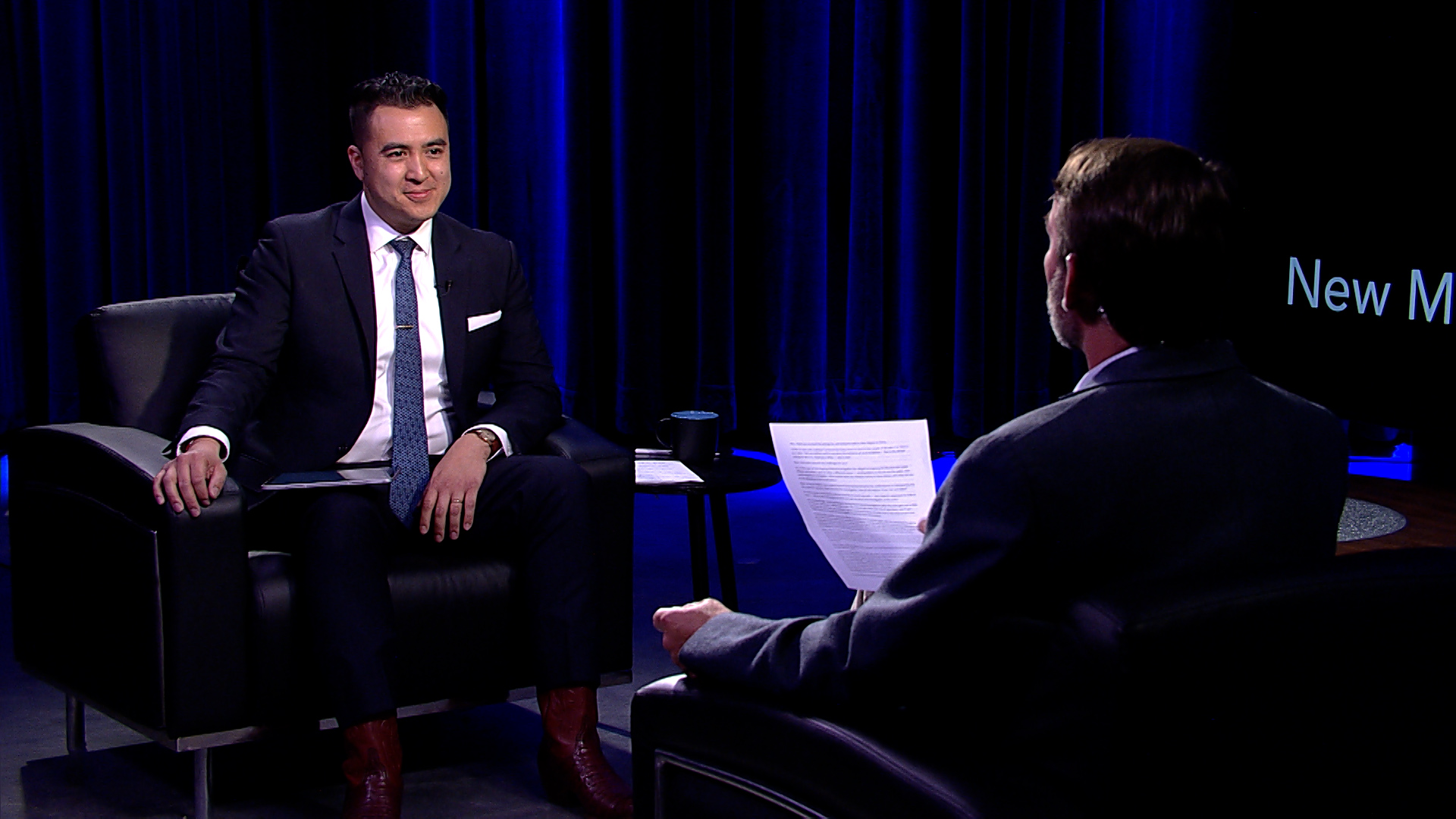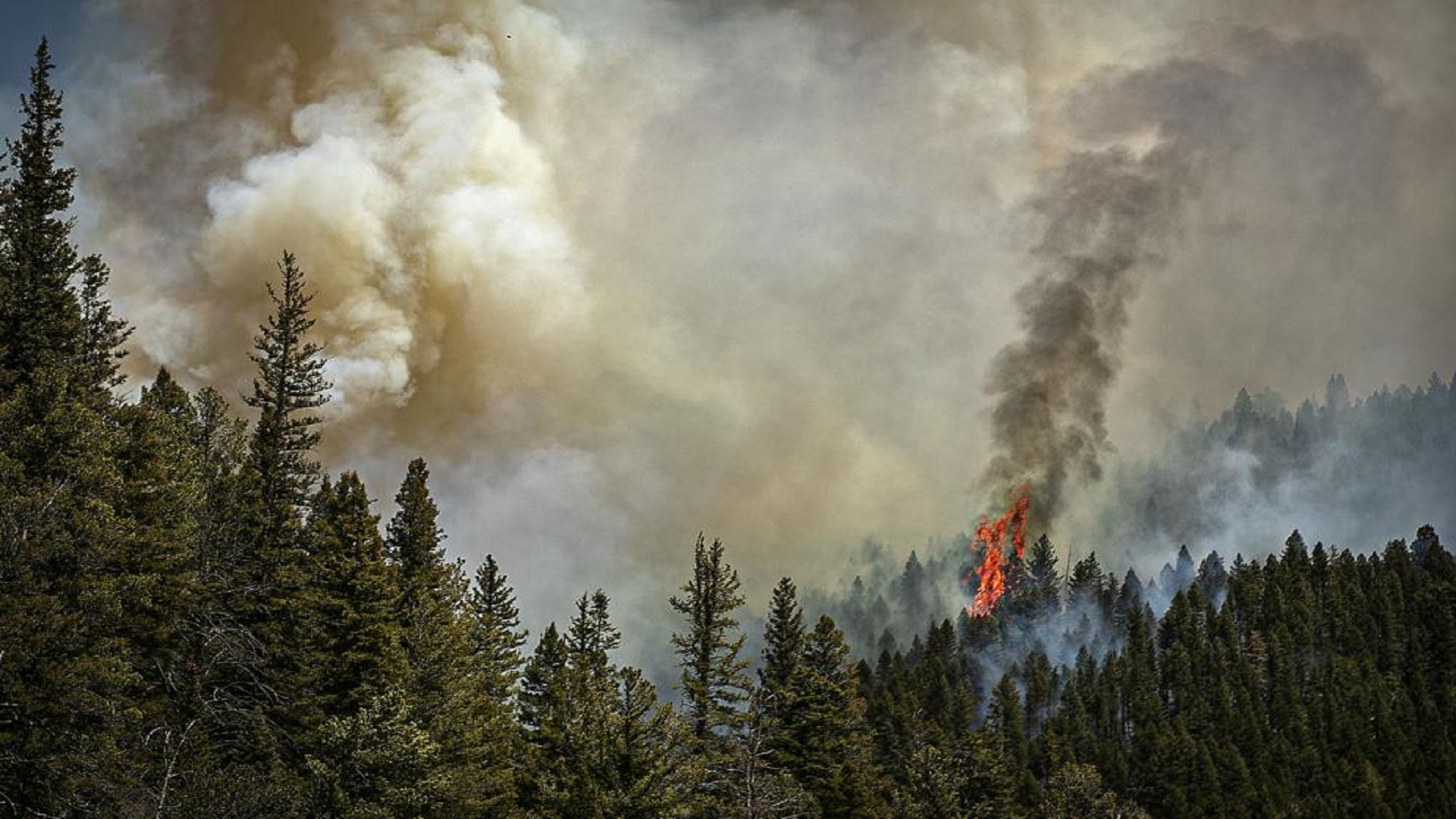U.S. Attorney Cracks a Window on APD Corruption Probe

Sunshine Week, the annual paean to those who carry the torch for government transparency, concludes tomorrow, and it’s fair to say I’ve been feeling some fatigue on that front of late. That’s because too many conversations with friends and colleagues in New Mexico’s diminished journalism community have led to a darkening conclusion. It feels like we spend nearly as much time nowadays explaining to audiences the many barriers to our work as we do on the work itself — that is, you know, informing people.
To that end, I’d been thinking for a few weeks about a local transparency story no one has covered as such: the ongoing federal investigation into possible corruption at the Albuquerque Police Department whereby, over a decade or more, several cops are alleged to have worked illegally with at least one local attorney and his paralegal to make DWI cases go away. To be fair, the allegations alone have been enough to keep newsrooms busy. Several journalists have stayed ahead on developments in the case, providing names, details and first-person accounts from potential victims of the alleged cash-grab scheme.
But they’ve done so in the face of a near-information blackout from official sources in city, county and especially federal government agencies since FBI agents started kicking in doors on Jan. 18.
From this void have slithered finger-pointing, dueling narratives, blame-shifting — even recriminations — and all of this before a single charge has been filed. Albuquerque Police Chief Harold Medina and Bernalillo County District Attorney Sam Bregman have spent stretches of the past two months barking at each other in public over who should have been minding the systemic guardrails that could have caught the alleged corruption years ago.
Absent from the fray has been the U.S. Attorney’s Office for the District of New Mexico, which is overseeing the criminal investigation. Like, really absent, to the point of disappearance from coverage of the spreading scandal. Check out some of the early reports, most of which include some version of the following:
“The U.S. Attorney’s Office declined to comment for this story.” More recently, it seems reporters have stopped asking. I’ve seen this play out often, having covered many federal investigations in our state over 20-plus years. It’s the feds, the thinking goes, so why bother even sending questions?
The old Bob Dylan lyric comes to mind: “I’d ask him what the matter was/but I know he don’t talk.”
There’s a consequence to this — a further slicing of public trust in law enforcement institutions, already half-cleaved by the razor upon which it sits around here. This benefits no one.
So, this was gonna be my post-Sunshine Week lament. But before I started writing, I emailed U.S. Attorney Alexander Uballez, asking if he’d be open to an interview explaining why his office so frequently resembles the zipper-mouthed emoji, what goes into high-profile investigations like this one, who makes the charging decisions and more. I reckoned a little demystifying would be good for folks to see.
Uballez wrote back six minutes later. “Jeff, this is a very thoughtful and timely idea…”
We spoke for nearly 27 minutes in the studio at New Mexico PBS. I asked Uballez 18 questions; he declined to answer just one.
No, he did not name names, lay out timelines or promise that cops and attorneys would be in handcuffs at the end of this thing. Uballez is, after all, a federal prosecutor who is now supervising the most consequential investigation of the two years he’s been in office. Despite that, I did not come away from the conversation frustrated.
It began with me telling him how much I disliked the phrase I’ve gotten countless times after inquiring with the U.S. Attorney’s Office: “We can neither confirm nor deny the existence of an investigation.” Why is that the policy? I asked.
Uballez began his answer by acknowledging the U.S. Justice Department’s enormous power, particularly when its agents suspect someone has committed a crime. He then described four “equities” he must balance when deciding how much to say publicly: a person’s right to privacy before charges have been filed, that person’s right to a fair trial, public safety and the public’s right to know “broadly what their Justice Department is doing…”
I couldn’t help but recall the last time I interviewed a (former) U.S. Attorney in the NMPBS studio. I’d uncovered evidence of racially targeted policing during a yearlong investigation into a 2016 federal Bureau of Alcohol, Tobacco, Firearms and Explosives operation in Albuquerque, and I was questioning Damon Martinez, who oversaw the operation, about it. Martinez refused to answer even the most basic questions, even though the operation had concluded a year prior. His reasoning? Instead of “equities,” he cited “privileges,” for which he could not provide details.
Quite the juxtaposition.
None of this is to say I think federal opacity, regardless of what underpins it, always serves the public good, especially when it comes to law enforcement. Agents from the FBI, the ATF, the DEA and the rest of the alphabet soup of ever-expanding federal cop shops don’t even wear body cameras. It’s 2024, and 2013 has placed a collect call to those agencies asking for its “trust us” bumper stickers back.
However, as I write this, Sunshine Week is ending, and I’m willing to embrace even a few rays worming through the early Spring clouds as progress. I appreciated that Uballez took my questions seriously and sought ways to expand, not retreat, as he answered. In the course of our chat, we managed to create a record for how these kinds of high-profile, high-stakes investigations are supposed to work.
That ain’t nothin’.
And we made a little news, too. There’s been endless speculation since this corruption investigation spilled into public view about whether its result could derail the decade-long, Justice Department-forced reform effort of APD. It could. Watch the interview.
Another of my long-held complaints about federal investigations into local police is that many of them end with no charges and no explanation for why. So, I ended my interview with Uballez this way: “Should folks here expect some public closure in this case, regardless of its outcome?”
“Folks should expect public closure,” Uballez replied.
That ain’t nothin’, either.
This story was produced and published in collaboration with The Paper., a NMPBS partner
-Jeff Proctor Executive Producer
-
NM Food Banks See More Demand as Food Prices Soar
3.15.24 – Sonya Warwick of Roadrunner Food Bank tells Senior Producer Lou DiVizio about the increased need her organization sees as…
-
Why New Mexico Grocery Prices Continue to Rise
3.15.24 – This week on New Mexico in Focus, we break down a report that ranks New Mexico as one of…
-
U.S. Attorney on Importance of Public Closure in High-Profile Cases
3.15.24 – We return this week to the second part our interview between Executive Producer Jeff Proctor and U.S. Attorney Alexander…
-
‘We Have to Put Fire Back on the Land’
3.15.24 – Our Land Senior Producer Laura Paskus talks with the heads of the New Mexico State Forestry Division about this…





